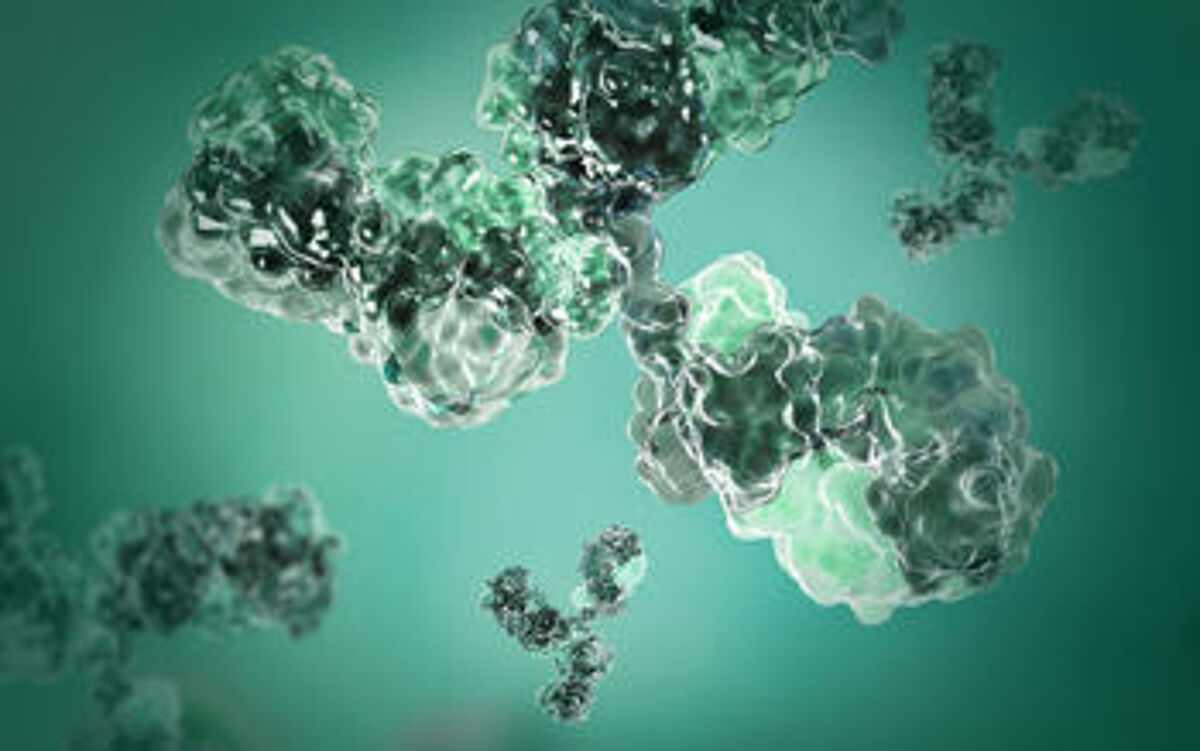Neuregulin Proteins
Wiki Article

Understanding Neuregulin Proteins
Neuregulin proteins are a family of signaling molecules that play a critical role in cell communication and tissue development. They are part of the epidermal growth factor (EGF) family and interact with ErbB receptors to influence cellular processes such as growth, differentiation, and survival. neuregulin proteins are essential in both the nervous system and the cardiovascular system, making them a significant focus of biomedical research.
Functions of Neuregulin Proteins
Neuregulin proteins regulate a variety of biological processes by activating specific signaling pathways. In the nervous system, they are crucial for the development and maintenance of synapses, myelination of neurons, and proper nerve repair after injury. In the heart, neuregulins contribute to cardiomyocyte proliferation, tissue repair, and cardiac function maintenance. Their role extends to the regulation of metabolism, organ development, and responses to cellular stress.
Neuregulin Proteins in Disease Research
Abnormalities in neuregulin protein signaling have been linked to multiple diseases. In neurodegenerative disorders such as schizophrenia and Alzheimer’s disease, altered neuregulin activity can impair neural connectivity and synaptic function. In cardiology, insufficient neuregulin signaling has been associated with heart failure and other cardiac dysfunctions. Consequently, neuregulin proteins are being studied as potential therapeutic targets for treating these conditions, making them an area of great interest in translational medicine.
Therapeutic Potential of Neuregulin Proteins
The therapeutic application of neuregulin proteins revolves around their ability to modulate cellular signaling. Researchers are exploring ways to harness neuregulins for regenerative medicine, including repairing nerve injuries and promoting heart tissue regeneration. Experimental therapies aim to enhance or mimic neuregulin activity to restore normal function in damaged tissues. As understanding of these proteins deepens, neuregulin-based therapies may provide new treatment options for previously difficult-to-treat conditions.
Future Directions in Neuregulin Protein Research
Ongoing research continues to uncover the diverse roles of neuregulin proteins in health and disease. Advances in molecular biology and protein engineering are enabling the development of targeted therapies and improved diagnostic tools. Future studies aim to clarify the precise mechanisms by which neuregulin proteins influence cellular processes, paving the way for more effective interventions in neurology, cardiology, and other medical fields.
Report this wiki page